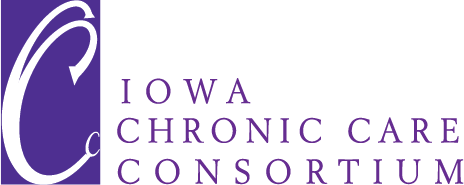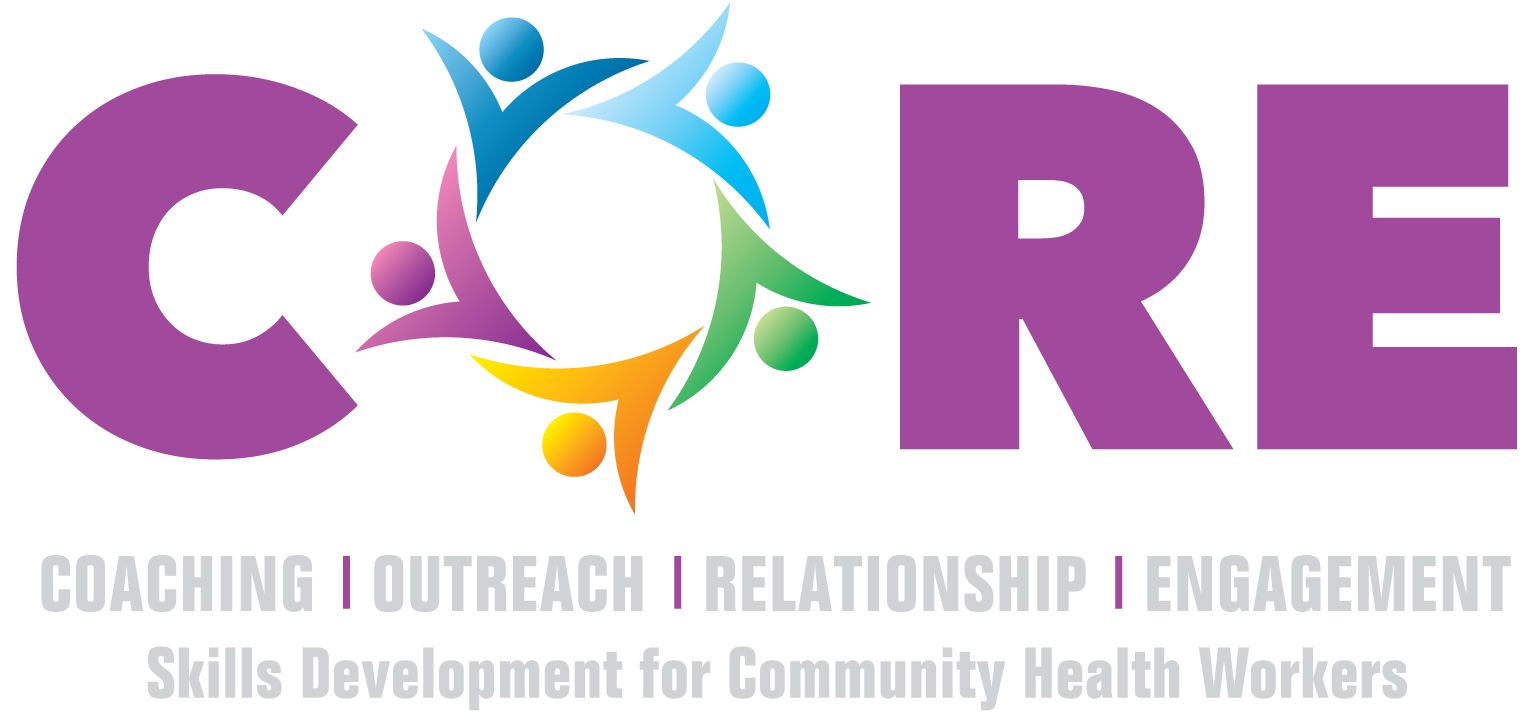Iowa Chronic Care Consortium (ICCC) finalized the merge with HealthTeamWorks on January 1, 2024. Cecilia L. Saffold is HealthTeamWorks' Chief Executive Officer (CEO). This change is an exciting move forward as unified nonprofit organizations offering a suite of aligned population health, community well-being and organization development services. In this case, the whole is greater than its parts as HealthTeamWorks' approach to healthcare delivery redesign and ICCC's expertise in Clinical Health Coach and Community Health Worker training round out the key components healthcare organizations need to deliver better patient care and succeed in alternative payment models. HealthTeamWorks’ vision, mission and strategies remain unchanged.
Our Impact
- Increase Successful APM Participation
- Foster Resilience in Primary Care
- Bridge Clinical, Public Health and Communities.
Our Vision
Health. Equity. Resilience.
Our Mission
Collaboratively transform healthcare through performance improvement, organization development, and training resulting in a strengthened community and culturally responsive high-quality care.
Trainings
We will continue to offer the following trainings previously offered by Iowa Chronic Care Consortium.
Clinical Health Coach Training
Clinical Health Coach® Training equips health professionals with specific skills sets to become clinical health coaches. A clinical health coach partners with patients to achieve successful outcomes that make a pronounced impact. The goal is to develop skills sets that build trusted patient relationships that in turn foster behavioral changes based on the patient’s expressed interests along their care journey.
We have witnessed the highest levels of satisfaction among those Clinical Health Coaching in environments where they are engaged with patients who have chronic conditions. As for nurses, medical assistants, physicians, pharmacists, dieticians, and social workers, they develop key skills to effectively engage with patients and provide motivation to help them meet their expressed care goals.
For more information, please go to: https://clinicalhealthcoach.com/
Community Health Worker Professional Skills Training
A Community Health Worker is an umbrella term as this role is as diverse as the communities, as diverse as the communities, sites, and responsibilities this profession assumes. CHWs focus on improving individual and community health and health access. They forge connections where people live, learn, work, worship, and heal – from the inner city to rural communities. Community Health Worker Professional Skills training develops skills for new and seasoned Community Health Workers and other front-line professionals committed to advancing community health.
For more information, please go to: https://www.healthteamworks.org/workforce-development-training/community-health-worker-training
History of Iowa Chronic Care Consortium
-
The Iowa Chronic Care Consortium was a voluntary collaboration of public, private, academic, and government organizations whose purpose was to develop capacity throughout Iowa to effectively manage the most prevalent chronic diseases affecting Iowans.
In the summer of 2000 a group of providers, employers, associations, unions, medical professionals and state agencies in Iowa began exploring how obstacles to chronic disease management programs could be overcome. Their motivation reflected an overriding concern for improving the health of people in Iowa by giving greater attention to individuals with chronic diseases.
Members of the consortium noted early on that Iowa’s rural demographics were an obstacle to certain individuals in accessing health care despite their obvious need. The prevalence of chronic diseases in Iowa along with the state’s aging demographics heightened the need for chronic disease management.
Iowa needed chronic disease management due to its rural character, high prevalence of chronic disease, and increasing health care costs. With close relationships among payers, providers, and health plans, and a manageable system, there was no need to wait for a model from elsewhere.
-
With Iowa’s special opportunity to take a leadership role in chronic disease management, the Iowa Chronic Care Consortium was formed with a formal organizational meeting in June 2002. Initial funding came from private foundations, Des Moines University, the Iowa Department of Economic Development, and the Iowa Farm Bureau along with technical assistance from Iowa Health System and Mercy Health Network. Other partners who joined the effort included the Iowa United Auto Workers, the Iowa Area Development Group, the Iowa Diabetes Association, the Iowa Department of Elder Affairs, the Iowa Department of Human Services, the Iowa Department of Public Health, and other professional groups and physician leaders.
Initial efforts involved research, planning, and designing chronic disease management strategies. Drawing upon research on telephony-based chronic disease management programs, the consortium envisioned that the telephone and videophones could be incorporated as program extenders, increasing access to health care for people in Iowa with chronic diseases. The goal was to develop strategies that would take programs directly to individuals' homes and places of business including rural participants whose access to health care was limited by reduced ambulation or lack of transportation.



